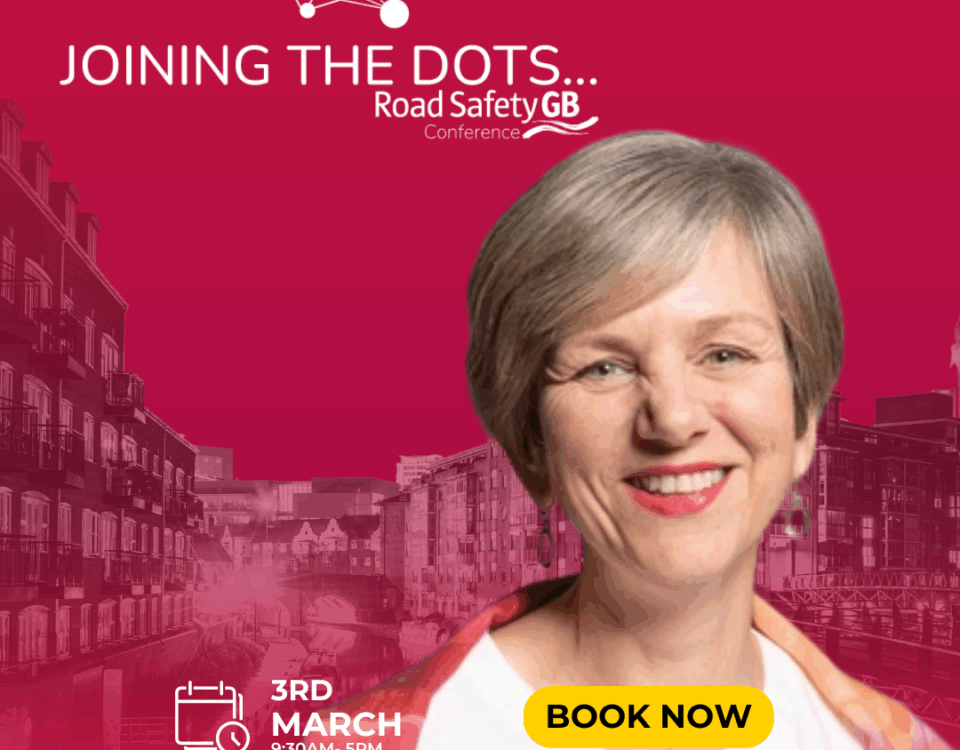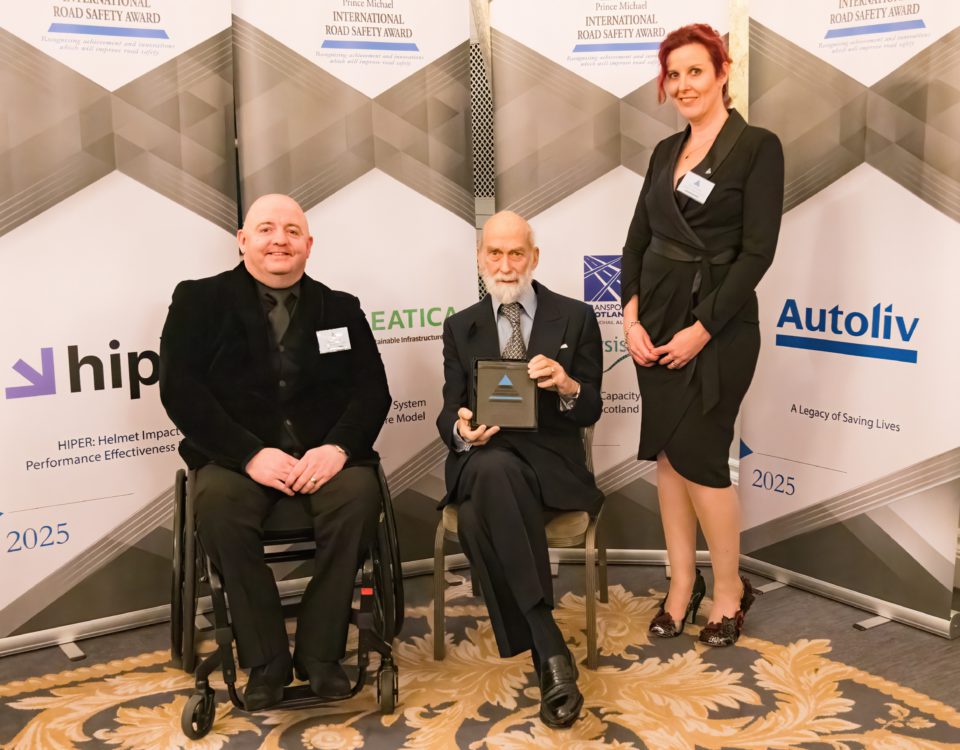One of Tanya’s passions is evaluating – understanding the effectiveness of road safety interventions to ensure that the best schemes are being delivered in the most efficient and effective way, whilst making sure there are no unintended consequences. One of her bug bears is that there is not a culture within the road safety community of widely sharing evaluation results, especially if they are not entirely positive. This is really harmful to road safety – from a financial point of view, others can learn what does and doesn’t work from existing evaluations and can be saved from investing in developing new schemes when best practice could easily be shared. More seriously than that, evaluation results which show schemes that are not successful should be shared so that others don’t make the same mistake – there is the potential for behaviour change interventions to have the opposite of the desired effect and could actually do harm by encouraging, rather than deterring the target audience from behaving safely.
To try to change this culture, Tanya devised a session for the Road Safety GB National Conference which set out to encourage participants to share ‘things that didn’t work!’ With a number of short presentations from the panel, followed by an open floor to discuss the experiences of participants, the session was framed to create a ‘safe space’ to acknowledge and appreciate the value of information about interventions which are not as successful as hoped. The panel included Deirdre O’Reilly from Highways England, Steven Barber of Northamptonshire Highways, Dr Helen Keyes from Anglia Ruskin University, Paul Copeland of East Riding of Yorkshire Council and Dr Shaun Helman from TRL.
The session was delivered to a packed room as part of the fringe event of conference and led to lively discussions about how we can start to change the culture to ensure that all evaluations are shared for the good of the whole road safety community.



